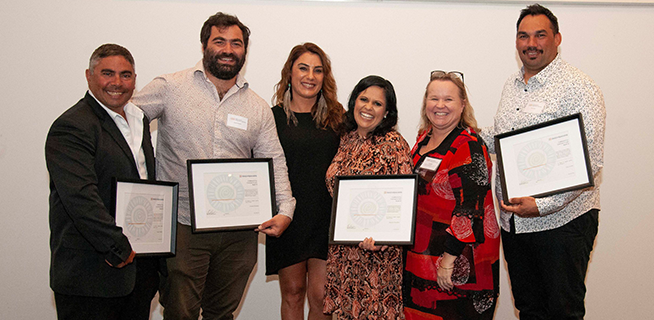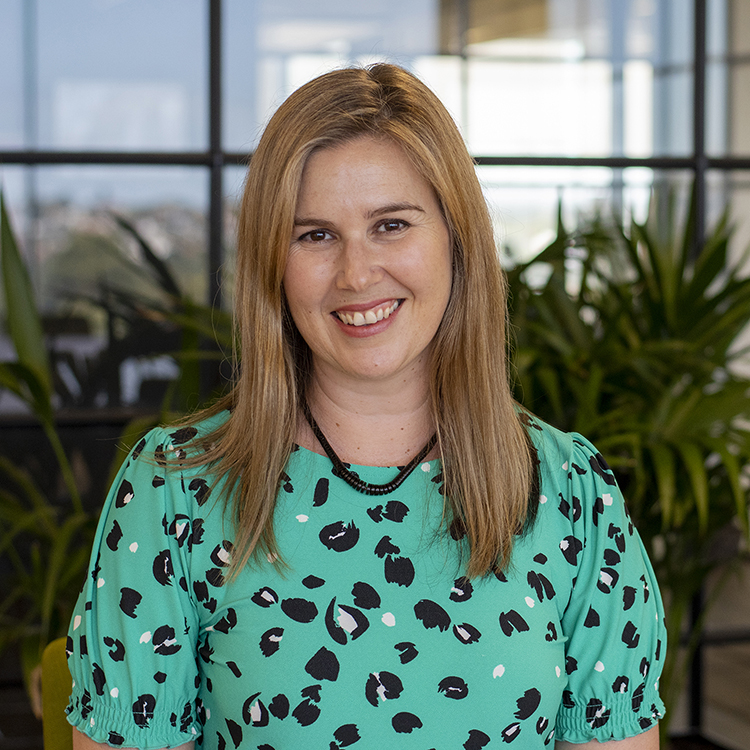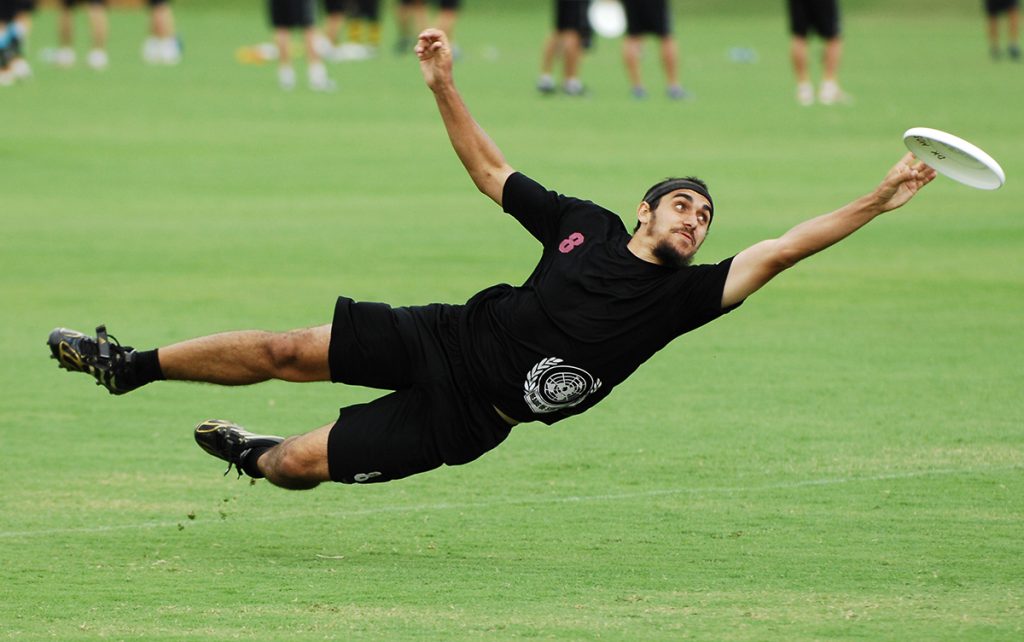“It’s been a long journey to get where I am,” says Australian Communities Foundation Director and proud Gunditjmara man, Rueben Berg.

‘Sometimes you just need someone to believe in you’
We hear from Maree Davidson AM and three inspiring Indigenous leaders, Peter Aldenhoven, Kathryn Coff and Ngarra Murray, on how the Fellowship for Indigenous Leadership has supported their ambitions and Victoria’s Indigenous community.


